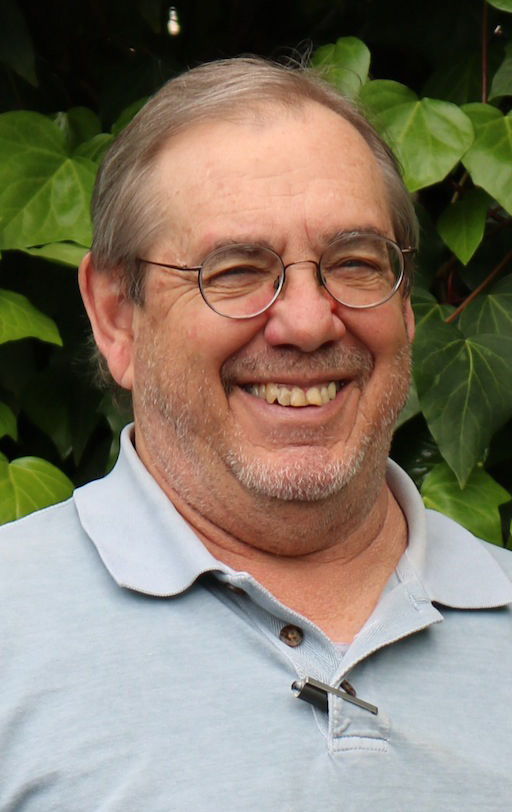When Facebook’s Mark Zuckerberg starts complaining that the internet is spinning out of control, we know for sure we’re all in trouble.
The internet is how Zuckerberg became a multi-billionaire. If he’s not happy about too much hacking, trolling, fake news and loss of privacy, how should the rest of us feel?
We’re all using the internet, Google, Instagram and Zuckerberg’s Facebook more and more and enjoying it less and less. Most of our complaints are about invasion of our privacy and being overwhelmed by uninvited, unreliable and uncivil information.
Zuckerberg says the internet and social media companies have to be reined in to restore their original promise of doing good by connecting us with family and friends, and not with Russian trolls that hack our elections and beliefs. We agree, but where do we go for answers? We want our privacy protected but we want our freedom of speech protected, too.
At this year’s Sebastopol Documentary Film Festival (March 28 through 31) there was a screening of Jakob Gottschau’s “The Factories of Lies,” about the Russian “troll farms” that spread fake news and caused civil unrest during the 2016 Trump-Clinton campaign. The film was followed by a talk from U.S. journalist Lowell Bergman, who shared a brief historical timeline on how we and our media ended up where we are today. (Bergman is currently the director of the Investigative Reporting Program at the Graduate School of Journalism at UC Berkeley. He is a Pulitzer Prize-winning journalist and was a producer for many years at CBS’ 60 Minutes with Mike Wallace and others.)
Television became our new dominant media in the 1940s when there were only three broadcast networks. They were licensed and regulated by the Federal Communications Commission (FCC). Today, the networks and the hundreds of cable outlets are still licensed by the FCC but significant regulations have been lost.
Early TV, Bergman reminded, was known as the “boob tube” and considered by many as a “vast wasteland.” (We wonder what those TV critics might call our internet of today.)
Until 1987, all TV (and radio) news and programing had to conform to a “fairness doctrine.” That meant any person or entity that was criticized over the public airwaves had the right to respond with “equal time.” The Reagan Administration repealed the rule. Bergman noted that the elimination of the fairness doctrine led to the advent of talk radio like Rush Limbaugh and the one-sided opinion broadcast channels like FOX News and others.
Bergman lamented the loss of civility controls over the public airwaves but reminded his audience the rules about most of the internet, whether Zuckerberg wants them or not, are different.
While the internet is operated and regulated as a “public utility,” subject to the same FCC rules and libel laws as newspapers and broadcast TV, the information on Facebook, Instagram, Nextdoor and other social media platforms lies beyond regulations. This is because Facebook and the others are private companies and are protected by their own First Amendment rights. Even if it wanted to, U.S. Congress could not apply a fairness doctrine or other constraints.
An audience member asked Bergman how the general public could better protect its access and confidence in accurate news and information sources, if even Russian trolls enjoy free speech and unlimited access to Facebook and other internet-based platforms.
Neither Bergman nor filmmaker Gottshau offered an answer. But Bergman said upcoming debates in U.S. Congress and elsewhere over internet privacy and free speech will be historic. “We’ve seen dark times for our media before, especially for newspapers and TV journalists,” he said.
We think the light that Facebook users, Zuckerberg, Bergman and others seek when they want reliable news, protected speech and freedom from hackers can be found wherever fairness, facts and freedom are unchallengeable doctrines. Maybe that’s why you are reading this newspaper today.
— Rollie Atkinson









